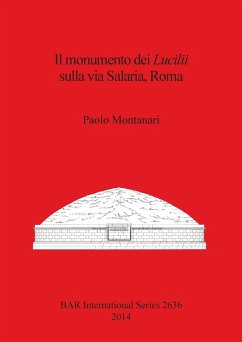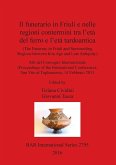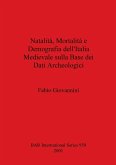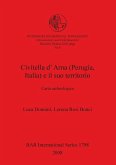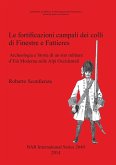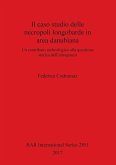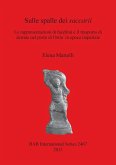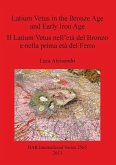The study of the Monument of the Lucilii aims to piece together the historical events of an important tumulus from the Age of Augustus, built approximately 470m outside the ancient site of the gate of Porta Salaria of the Aurelian Walls of the city of Rome. It was commissioned by an eminent member of the ordo equester (equestrian order), M. Lucilius Paetus, perhaps following the death of his sister: Lucilia Polla. As yet, the only written source that provides information about this familial sepulchre and on the cursus honorum (sequence of offices) of its owner, is the inscription on the eastern side of the monument. This study provides a careful analysis of the archival documents, along with a series of new measurements/data and photographs of the sepulchre that had a brief existence, on account of the interment of the entire Sepolcreto Salario (Salario sepulchres area) - attributed to Trajan by Rodolfo Lanciani, the first archaeologist involved with the area - resulting from the levelling of the hill that originally connected Quirinale to Campidoglio. Prior to this research, the Age of Augustus monument in question, as well as the subsequent building phases (also examined here), have not been given the attention due to them in either the archaeological or epigraphical literature, nor in the various analysis of the drawings of the ancient monuments. Amongst the principal studies, the following merit attention: the research done by Carlo Pietrangeli with drawings by Rosa Falconi - until today the only cohesive treatise of the monument; Michael Eisner's work on sepulchral buildings in suburbs of Rome and Ségolène Démougin's study on the inscriptions of the Julio-Claudian equites.
Hinweis: Dieser Artikel kann nur an eine deutsche Lieferadresse ausgeliefert werden.
Hinweis: Dieser Artikel kann nur an eine deutsche Lieferadresse ausgeliefert werden.

